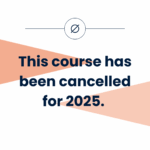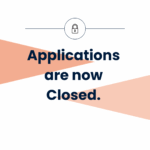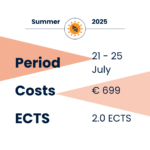what we offer
Our courses
Found a course you like? Click on the course for more information and to register.

Python is currently the most popular programming language in the world, according to the TIOBE Index. During this course, you will be introduced to Python, a pythonic way of working and thinking, and to web scraping—a powerful method to collect born-digital data for your (scientific) research projects. No prior knowledge of Python is required—you will start at the absolute basis.

This course is designed for postgraduate researchers in nursing, medicine, and medical research who need a strong foundation in the mathematical and statistical concepts essential for clinical research. Some concepts covered are descriptive and inferential statistics, hypothesis testing, and data application. Through a focus on testing techniques and effective analysis, this course provides the necessary skills to design, interpret, and apply high-quality research.

This course is designed for postgraduate researchers in nursing, medicine, and medical research who need a strong foundation in the mathematical and statistical concepts essential for clinical research. Some concepts covered are descriptive and inferential statistics, hypothesis testing, and data application. Through a focus on testing techniques and effective analysis, this course provides the necessary skills to design, interpret, and apply high-quality research.

This course provides an introduction and philosophical investigation of the question if, when and how ethical considerations can or must play a role in the practice of medical professions. It aims to make you aware of the fact that the health sciences are not operating in a moral or philosophical vacuum and that a good knowledge of both the older and recent ethical and philosophical debate in this particular field is of the greatest significance.
